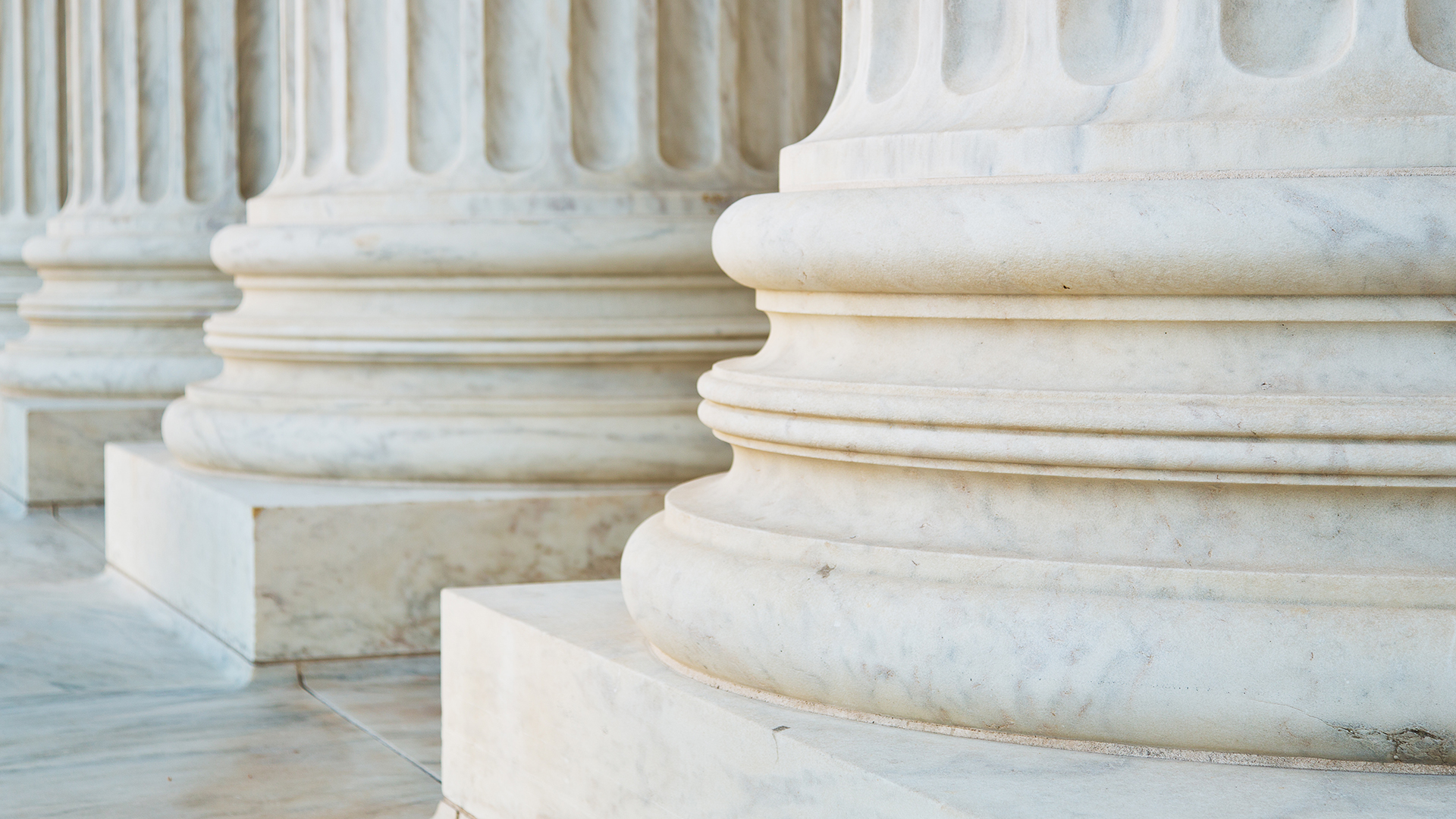
Publication
International Restructuring Newswire
Welcome to the Q3 2025 edition of the Norton Rose Fulbright International Restructuring Newswire.


The doctrine of in pari delicto bars a party that has been damaged as a result of its own intentional wrongdoing from recovering those damages from “another party whose equal or lesser fault contributed to the loss.” Rosenbach v. Diversified Grp., 85 A.D.3d 569, 570 (1st Dep’t 2011).
The doctrine finds its roots in two rationales. First, courts are not inclined to interject and resolve “a dispute between two wrongdoers” as in pari delicto seeks to avoid the courts from becoming the “referee between thieves.” Kirschner v. KPMG, 15 N.Y.3d 446, 464 (2010). Second, the doctrine denies judicial relief to the one engaged in illegal conduct. Bateman Eichler, Hill Richards v. Berner, 472 U.S. 299, 306 (1985).
The term comes from the Latin maxim “in pari delicto potior est conditio defendentis,” which means “in a case of equal or mutual fault … the position of the defending party … is the better one.” While the doctrine’s original focus was on illegal acts and illegal contracts, as discussed below, it has since been significantly expanded to other types of wrongdoing, including civil wrongs.
Read the full article from New York Law Journal, "Conduct that falls within the doctrine of "in pari delicto"."

Publication
Welcome to the Q3 2025 edition of the Norton Rose Fulbright International Restructuring Newswire.

Publication
Our 23rd report spotlights landmark legislative reforms such as the UK’s new Arbitration Act 2025 and South Africa’s rise as a regional arbitration hub. We examine procedural innovations, enforcement challenges, and the evolving role of tribunals in promoting settlement.
Subscribe and stay up to date with the latest legal news, information and events . . .
© Norton Rose Fulbright LLP 2025